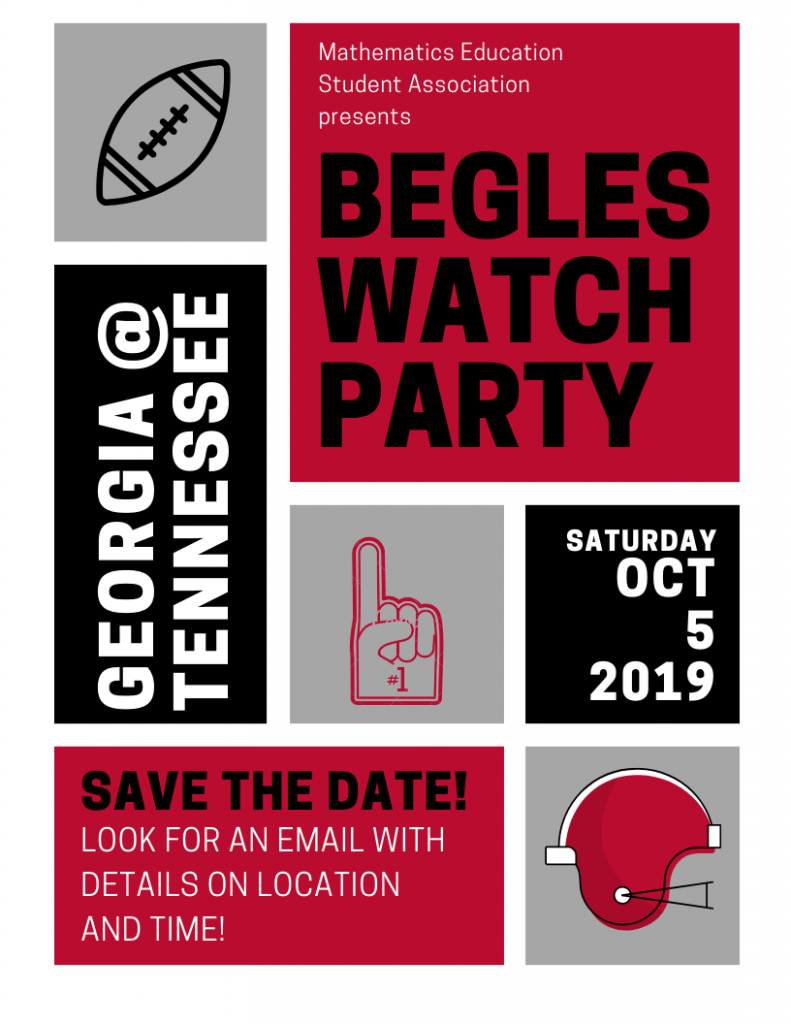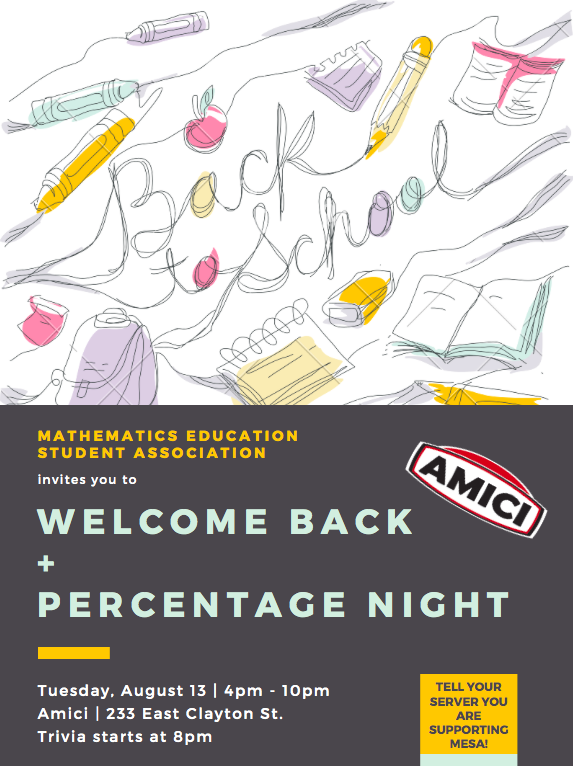
When: Wednesday, September 4th, 2019
Time: 11-12 pm
Where: Aderhold 112
Join us for a colloquium hosted by Dr. Paul Dawkins of Texas State University.
The title of his talk is, ”Novice students’ reasoning about proofs of conditional statements and the emergence of a meaning for conditional truth.”
Abstract: In a recent series of teaching experiments, we (with Kyeong Hah Roh) are investigating how students construct some relationship between a conditional mathematical statement and a proof of that statement. This line of inquiry is intended to reveal some of the preconditions for students to make sense of the logic of proof as it relates to their reasoning about particular mathematical content. The presentation shall focus on the issue of whether students can construct any reason why a proof of the converse statement does not prove a given conditional when both statements are true. We argue why this depends upon students developing some (content-general) meaning for conditional truth and we present three such meanings as exemplified in our data. The presentation shall explore the challenges and opportunities of these three meanings for the purposes of teaching logic
Dr. Dawkins earned his Ph.D. from the University of Texas at Arlington in 2009 under the direction of James Alvarez. His dissertation work focused on student apprenticeship into defining practices in an inquiry-oriented real analysis classroom. His subsequent research has continued to focus on mathematical practices, inquiry-oriented instruction, and proof-oriented mathematics. Other projects have focused on axiomatizing in geometry as well as language and logic in introduction to proof. Many of Dr. Dawkins’ experiments use guided reinvention to design novel instructional sequences. By observing how students may be guided to reinvent key mathematical ideas, one can learn about the cognitive shifts that are necessary for learning.





